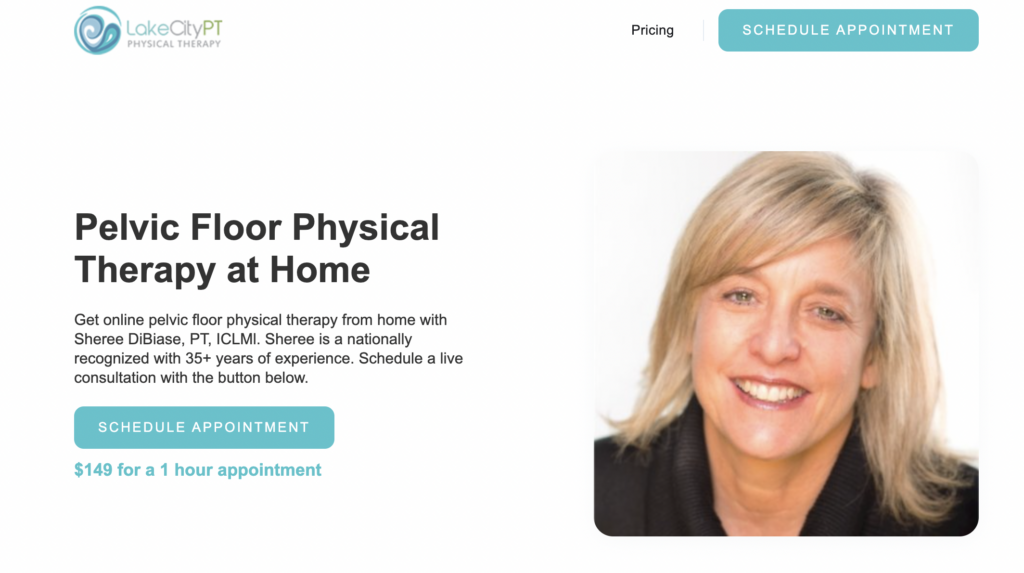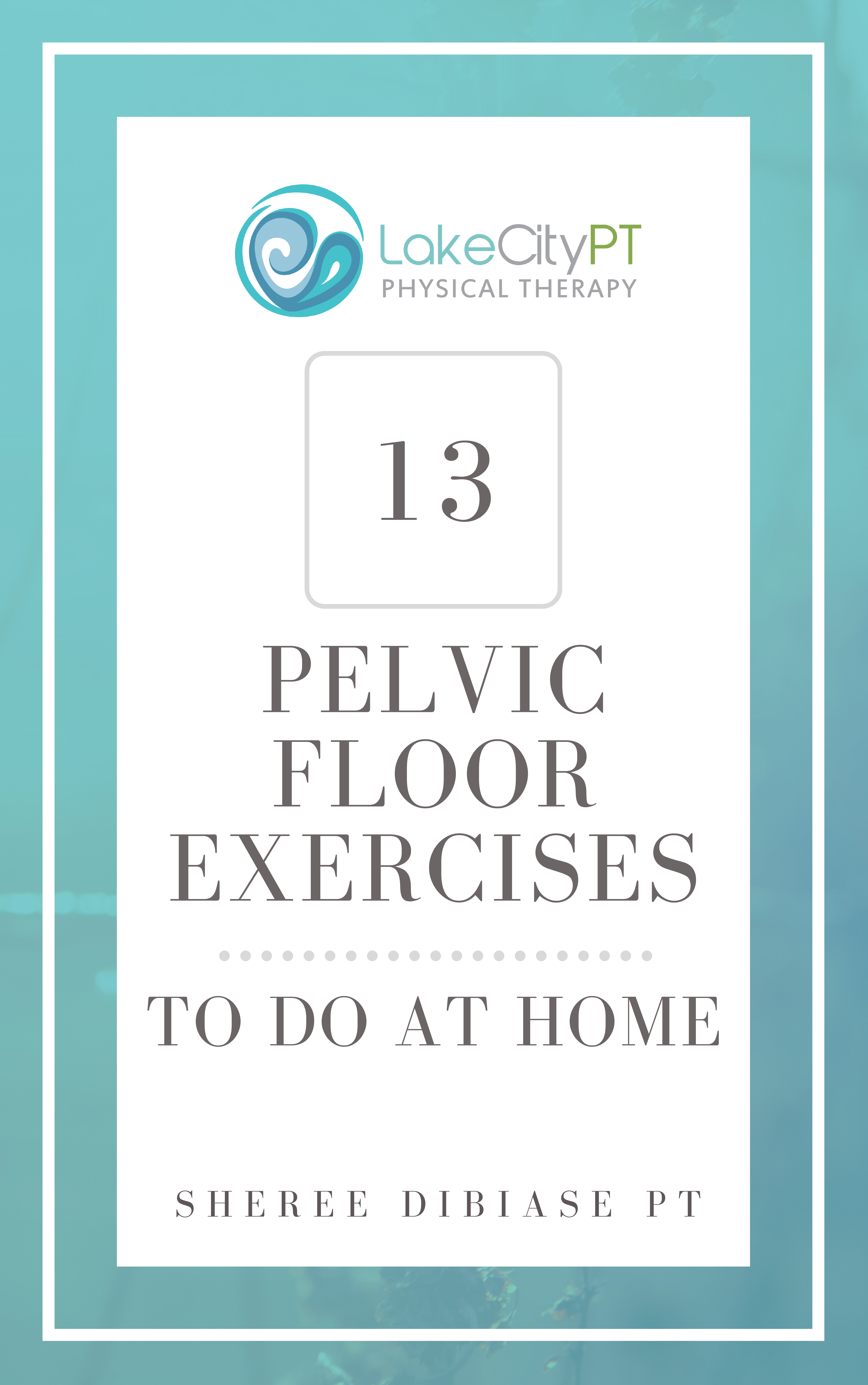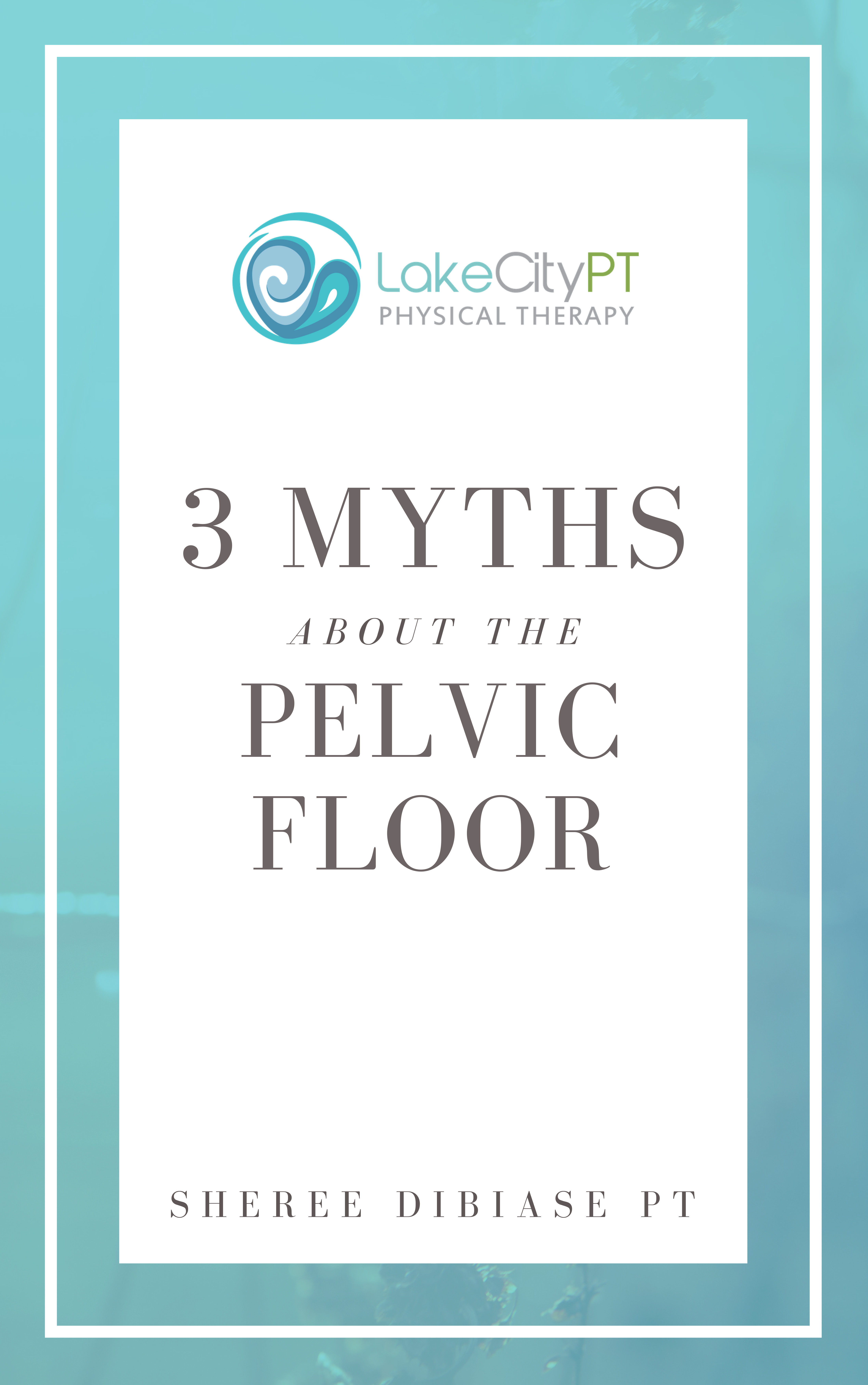Pelvic Pain After Drinking Alcohol
If you’re a woman and you experience pelvic pain after drinking alcohol, you’re not alone. In fact, this is a fairly common problem. Unfortunately, the causes of pelvic pain after drinking aren’t always clear, and the treatments can be frustratingly elusive.
In this blog post, we’ll take a look at what may be causing your pelvic pain after drinking and some of the possible treatments. We hope that this information will help you find relief from your symptoms!
Related Articles
Online Pelvic Floor Physical Therapy
Get pelvic floor physical therapy from home. Our online pelvic floor physical therapy can help with incontinence, constipation, painful intercourse and more.
Schedule a live video call consultation with the button below.
How can alcohol consumption cause pelvic pain?
There are a few ways that alcohol consumption can cause pelvic pain.
First, alcohol can irritate the lining of the stomach, which can lead to inflammation and pain. This is most commonly seen in women who have a history of stomach ulcers.
Second, alcohol can cause the muscles in the pelvic floor to spasm. This can lead to pain in the lower abdomen or pelvis, as well as pain during sex.
Third, alcohol can dehydrate the body, which can lead to cramping and pain. This is especially true if you are not drinking enough water along with alcohol.
Finally, alcohol can increase the level of acid in the stomach, which can also contribute to irritation and pain.
Can pelvic pain after drinking alcohol be a symptom of other conditions?
Yes, pelvic pain after drinking alcohol can be a symptom of other conditions such as endometriosis or fibroids. It can also be a sign of infection, such as a urinary tract infection (UTI) or potentially pelvic inflammatory disease
Endometriosis
Endometriosis is a condition in which the lining of the uterus grows outside of the uterus. This can cause pain, cramping, and heavy bleeding during menstruation. Alcohol can make these symptoms worse by irritating the lining of the uterus.
Fibroids
Fibroids are non-cancerous growths that develop in or on the wall of the uterus. They can cause pain, bloating, and heavy bleeding during menstruation. Alcohol can make these symptoms worse because it can cause the fibroids to swell.
Urinary tract infection (UTI)
A UTI is an infection of the urinary system, which includes the kidneys, bladder, and urethra. Symptoms of a UTI include pain in the lower abdomen and pelvic area, cloudy or bloody urine, and a burning sensation when urinating. Alcohol can make these symptoms worse by irritating the lining of the bladder and urethra.
If you think you may have a UTI, it’s important to see your doctor so you can get started on treatment.
Pelvic inflammatory disease
Pelvic inflammatory disease (PID) is an infection of the reproductive organs. Symptoms of PID include pain in the lower abdomen and pelvis, fever, chills, and vaginal discharge. Alcohol can make these symptoms worse by causing inflammation in the pelvic organs.
If you think you may have PID, you should seek medical treatment right away.
Common treatments for pelvic pain after drinking alcohol
The good news is that there are a range of treatments available for women experiencing pelvic pain after drinking alcohol.
Pain relievers
Your doctor may recommend over-the-counter pain relievers, such as ibuprofen or acetaminophen, to help relieve your pain. If your pain is more severe, your doctor may prescribe stronger pain medications.
While pain medication can help to relieve your symptoms, it is important to remember that it does not cure the underlying cause of your pain.
Hormone therapy
If your pelvic pain is caused by endometriosis, your doctor may recommend hormone therapy. This treatment can help to shrink the endometrial tissue and relieve pain.
Hormone therapy involves taking medication to suppress the production of estrogen. This can be done with birth control pills, shots, or other medications.
Surgery
In some cases, surgery may be necessary to remove the endometrial tissue causing your pain. This procedure is called a laparoscopy. During a laparoscopy, your doctor will make small incisions in your abdomen and insert a tiny camera. This camera will allow your doctor to see the endometrial tissue and remove it.
After surgery, you may experience relief from your pelvic pain. However, the endometrial tissue can grow back, so you may need to have more surgeries in the future.
Antibiotics
In some cases, antibiotics may be necessary to treat an infection that is causing your pelvic pain. If you have a bacterial infection, your doctor will prescribe antibiotics. It is important to take all of the antibiotics prescribed by your doctor, even if you start to feel better.
Pelvic floor physical therapy
If you have pelvic pain, you may benefit from pelvic floor physical therapy. This type of therapy can help to strengthen the muscles in your pelvis and improve your circulation. Pelvic floor physical therapy can also help to relieve pain by stretching the muscles in your pelvis.
At Lake City Physical Therapy, our team of pelvic floor physical therapists can help you to find relief from your pelvic pain. We offer a variety of treatments, and we will work with you to create a treatment plan that is tailored to your needs.
If you are experiencing pelvic pain after drinking alcohol, we encourage you to contact us today to schedule a consultation. We can help you to find the relief you need and get you back to enjoying your life.
Relief from pelvic pain
Physical therapy is an excellent way to find relief from pelvic pain, especially when the pain is caused by muscle tightness or spasms. Pelvic floor physical therapy can help to release the muscles in your pelvis and provide you with relief from your pain.
At Lake City Physical Therapy, we’re experts in women’s health, allowing us to create a treatment plan that is specifically tailored to your needs. We’ll work with you to determine the root cause of your pain and create a plan to help you find relief.
To learn more about how we can help you find relief from your pelvic pain, contact us today. We’ll be happy to answer any questions you have and help you get started on your road to recovery.



